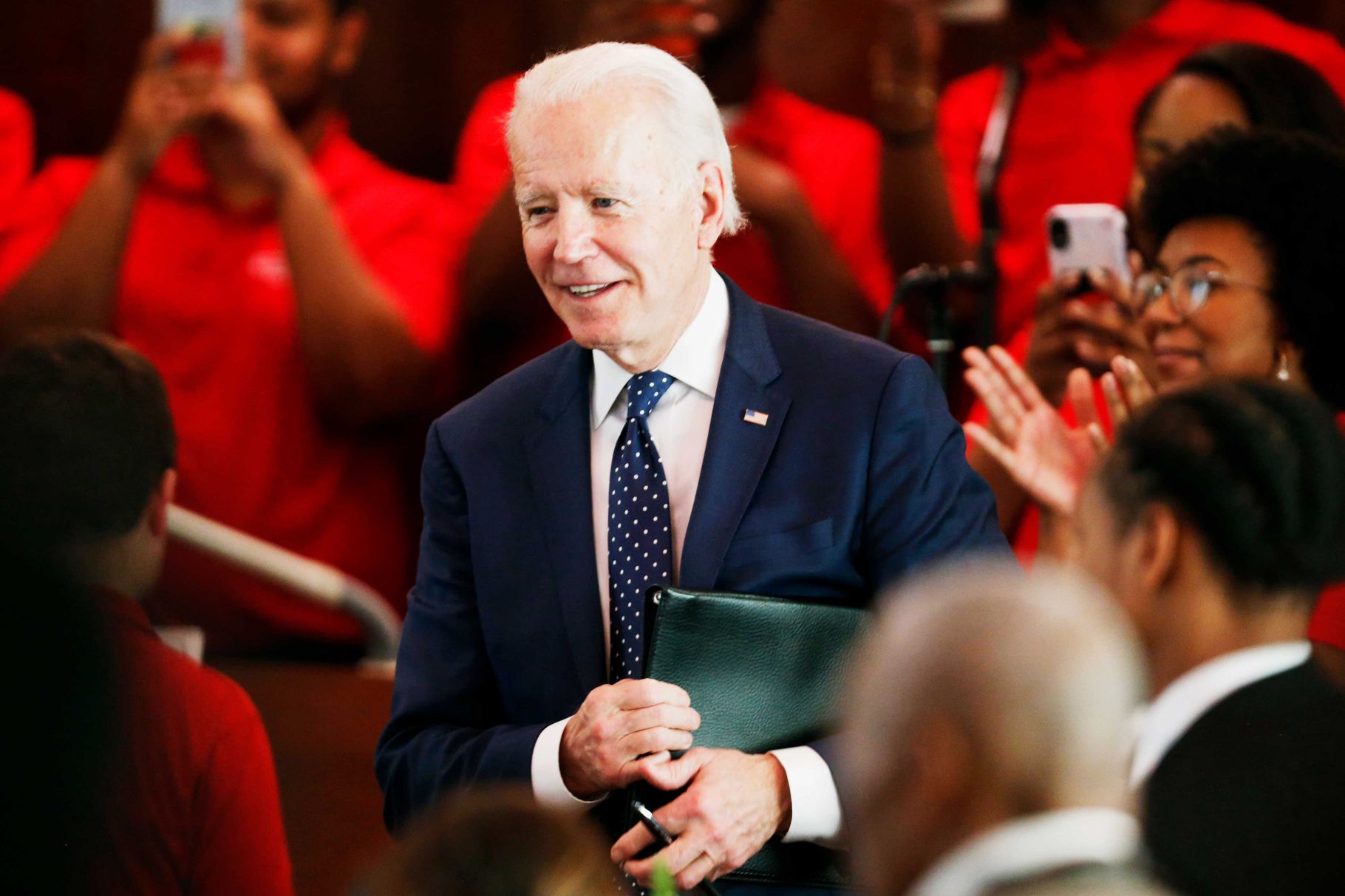On Tuesday, millions of voters in fourteen states went to the polls in the most important day of the Democratic presidential primary.
Although results are still coming in, former Vice President Joe Biden has emerged as the clear victor, winning nine states, expanding his coalition of voters, and making the most dramatic electoral comeback in decades.
At the start of last week, Biden’s campaign appeared to be on the verge of collapse; in the aftermath of terrible results from Iowa, New Hampshire, and Nevada, Biden was facing grave doubts about the viability of his candidacy.

However, after a convincing victory in South Carolina on Saturday, Biden began a remarkable surge. Within hours of his win, two of his opponents – Senator Amy Klobuchar and Mayor Pete Buttigieg – dropped out of the race and endorsed him. This news came amidst a flood of endorsements from influential Democratic figures across the country, and together constituted a clear sign that many in the party had finally decided to unite behind Barack Obama’s governing partner.
The sudden movement to coalesce around Biden was prompted in part by the success of Bernie Sanders in the earlier nominating contest.
The U.S. Senator from Vermont emerged as the clear frontrunner in late February, after winning the popular vote in Iowa, the New Hampshire primary and the Nevada caucuses, and is perceived by many in Democratic circles to be a risky choice for the nomination — in part because Sanders doesn’t even identify as a Democrat and has not identified strategies for enacting his ideas.
It took a while for the forces within the Democratic Party that don’t want Sanders to coalesce behind Biden, but Sanders’ repeated victory forced their hand, as it became clear that Sanders had the potential to win all fifty states.
The long-expected consolidation of the partially progressive wing of the Democratic Party in support of a credible alternative to Sanders has seriously jeopardized his prospects of winning the nomination.
Biden was predicted to do well in more conservative regions of the country like the South and Midwest, but endorsements from his former rivals Beto O’Rourke and Amy Klobuchar pushed him to unexpected wins in Texas and Minnesota.
Biden even pulled off a shock win in Massachusetts, despite Sanders’ fervent campaigning in the state. His win in the Bay State showed that he has added liberal, college-educated white voters to his base of support.
However, Sanders’ own coalition of supporters – Latinos, young people, and liberals – helped him prevail in the vitally important Mountain West.
As well as his home state of Vermont, Sanders won in Utah, Colorado, and – most importantly – California, the biggest prize of the night.

The results of Super Tuesday leave no room for doubt that the Democratic primary is now a two-horse race between Biden and Sanders.
The day’s results for the other remaining candidates were dismal.
Former Mayor Michael Bloomberg had literally staked hundreds of millions of dollars on Super Tuesday and has nothing to show for it (it turns out that it is easier to buy politicians than it is to buy elections).
Senator Elizabeth Warren – who was briefly considered the Democratic frontrunner back in the autumn – did not even win her home state of Massachusetts.
These candidates – especially Warren – will now face rapidly increasing pressure to drop out of the race in favor of one of the two frontrunners. Michael Bloomberg has already dropped his White House bid and has pledged to support Biden.
The field now consists of two candidates, who are starkly different from one another. The 2016 nominating contest – which was expected initially by many pundits to be a cakewalk for Hillary Clinton – turned into a bitter brawl between her and Sanders’ underdog campaign, with Clinton eventually coming out on top thanks to her support in key regions like the South.
Clinton was also the establishment’s choice in 2008, but was unexpectedly beaten by United States Senator Barack Obama, who galvanized a progressive grassroots movement much like the one Bernie Sanders is trying to build now.
The Super Tuesday results have reminded us that politics can be unpredictable. Next Tuesday, we’ll have more results that will further illuminate the trajectory of Joe Biden and Bernie Sanders, including data from two Pacific Northwest states: Washington and Idaho. Both are holding presidential primaries on March 10th.


Not the result I was expecting!